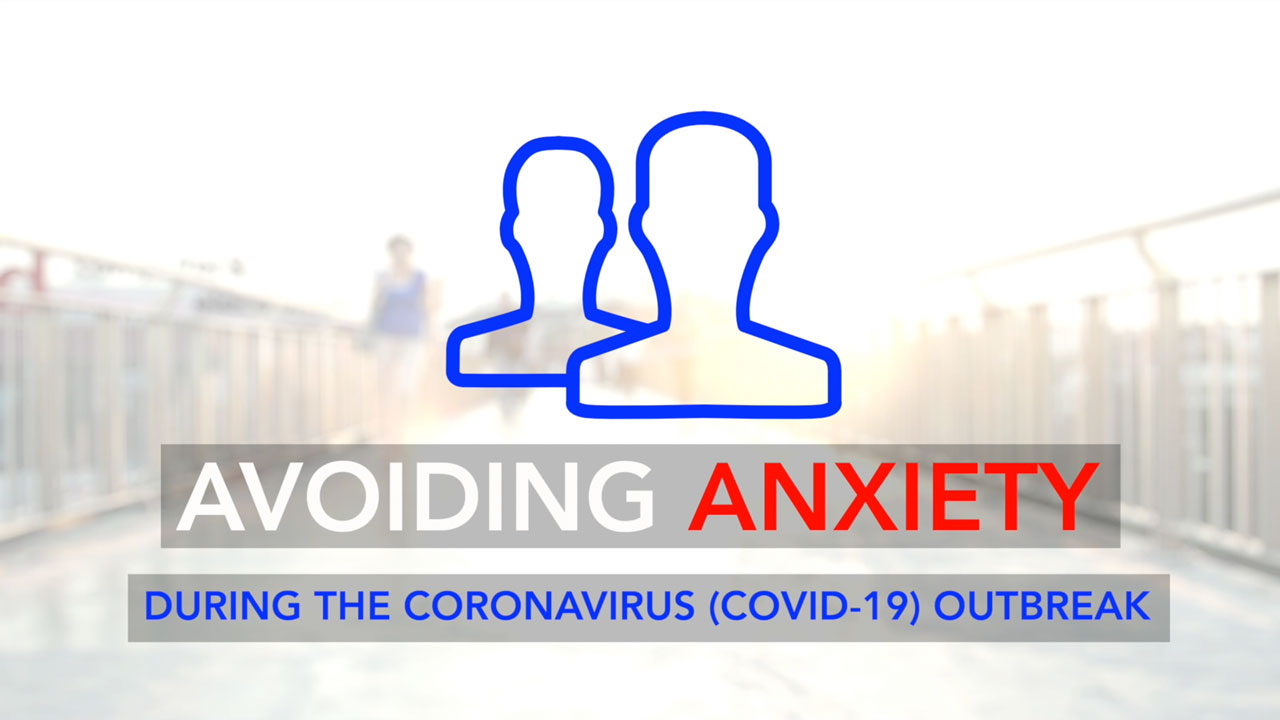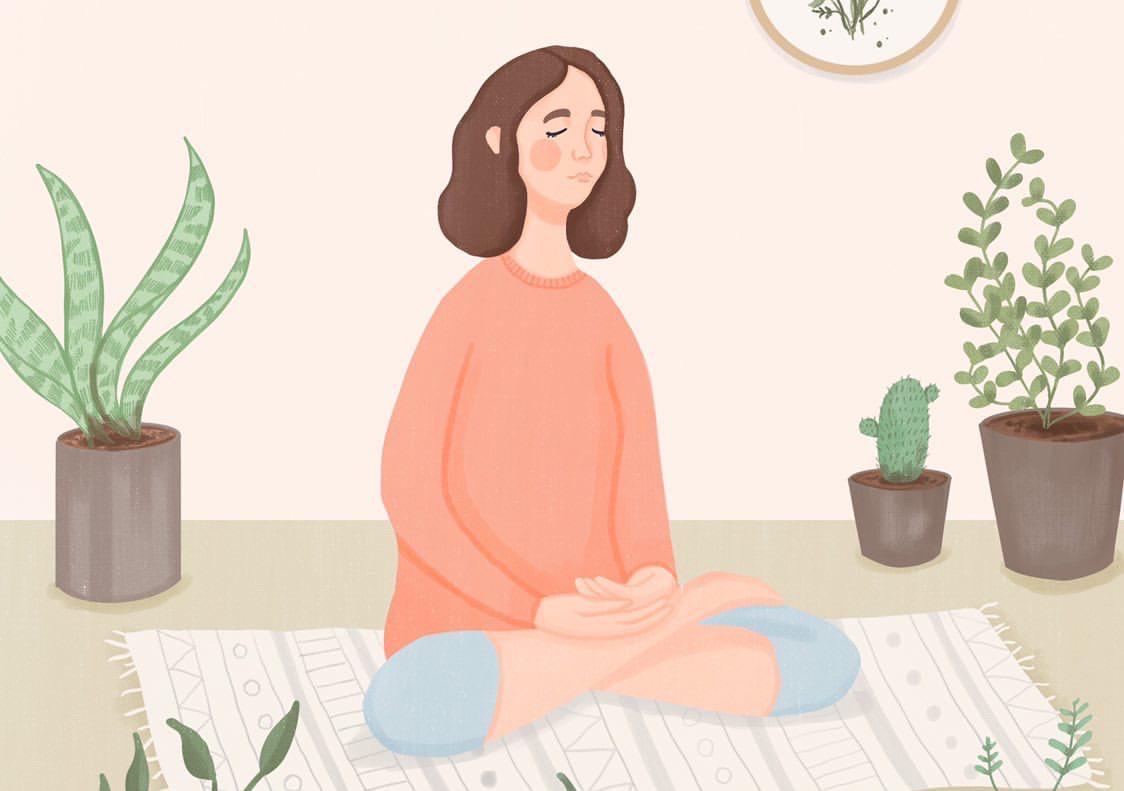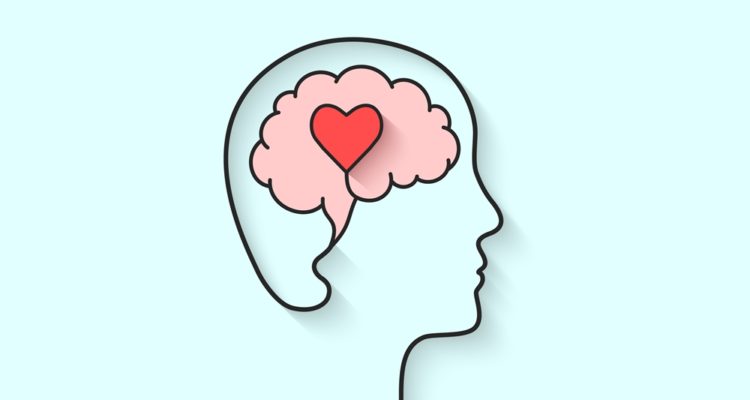As we enter the month of May, many holidays we’d normally spend with friends and family may be relegated to, yet another, virtual gathering—or not even celebrated at all. However, there is an observance that we can’t afford to neglect this month: Mental Health Awareness. And, due to the unprecedented situation we’re in, the need is even greater now.
According to the National Alliance on Mental Illness, roughly 1 in 5 U.S. adults experience mental illness each year. If those numbers aren’t staggering enough, throw in the uncertainty, fear, and trauma of a global pandemic—and, you’ve got the makings of a greater mental health crisis. According to a recent study by the Kaiser Family Foundation, 45 percent of Americans feel that Coronavirus has negatively impacted their mental health. And, as the developments around COVID-19 continue to evolve, it is very likely that this percentage will continue to grow.

How to care for your mental health
There are many actions you can take to support your mental and emotional well-being; however, the first step is recognizing that everyone has different coping mechanisms—some negative and positive. Don’t constantly compare yourself to others who you may think have it all together. The goal for our own mental stability is to figure out what positive mechanisms suit us best—and, we should aim to do them often. It may be something such as picking up the phone to give an elderly neighbor a call to check in; volunteering in your community; binge-watching your favorite show; relaxing and sleeping in; or, organizing that space, closet, or cupboard that you’ve been putting off for too long. Whatever it may be, it’s important that we practice behaviors that make us authentically feel good in a safe and secure way. And, another thing, it’s ok to turn off the news and put down social media from time to time. Overconsumption of a barrage of news can take a negative toll on our psychological and emotional health and we need to take caution in that.

Your mental health matters
Coronavirus and all its implications have upended our lives while putting overwhelming pressure on our ability to be nimble and adapt to new norms. And, our normal response to this type of situation—like any other natural or human-caused disaster—is anxiety and stress. We all experience these emotions to varying degrees; however, it’s important to understand that we don’t have to deal with it alone. Taking steps to preserve your mental health is critical in getting through this in a healthy emotional state and without long-term, damaging effects. During this time, put yourself first. Take action to care for yourself—your mental health matters.
If you or someone you know is in a crisis, there are resources you can reach out to for support. Visit the National Alliance on Mental Illness website for more information on what’s available in your community.

